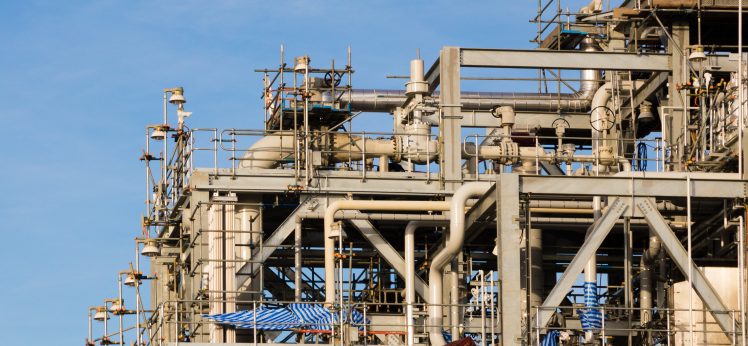
State of Play: COVID-19, carbon and energy
by Marc Lee | June 23, 2020
2020 has been a year like no other in the political economy of energy and climate change. As the new year broke, wildfires spiked by higher temperatures scorched Australia. In Canada, a different fire took hold as a BC gas pipeline sparked a cross-country Indigenous-led uprising. By mid-March, economies around the world were shutting down …
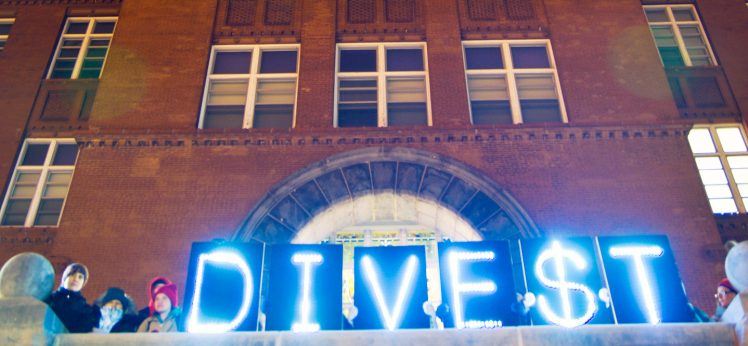
Why has UBC divested from fossil fuels but UVic has not? The high cost of industry influence
by James Rowe, Elora Adamson, Jason Hemmerling and William Carroll | June 16, 2020
The death and disruption wrought by COVID-19 is calamitous. The bad news is that climate change will be worse. It is easy to forget that 2020 began with Australia burning in a brutal wildfire season. Like the current pandemic, Australia’s disaster was predicted years in advance by ecological science. As we slowly emerge from the …
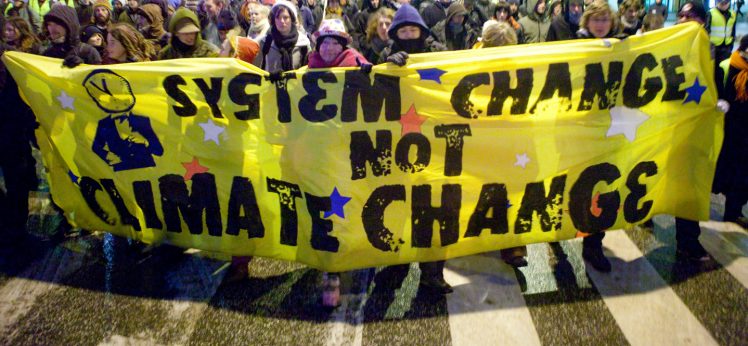
Think system change for Canada’s low-carbon reboot
by Marc Lee | May 21, 2020
There is growing momentum for a low-carbon reboot of our high-carbon economy as we emerge from a pandemic-induced shutdown. Since business-as-usual has been so disrupted, the timing for a major leap has never been better. Earlier this year, the Australian wildfires provided humanity’s latest wake-up call. Many are nervous about what this summer could bring …
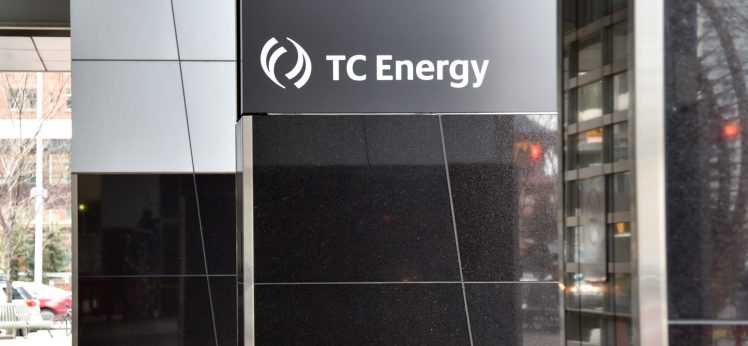
Alberta’s Keystone XL investment benefits oil companies more than Albertans
by Ian Hussey | April 2, 2020
Earlier this week, Premier Jason Kenney announced that the Government of Alberta will borrow money to debt finance the construction of TC Energy’s Keystone XL (KXL) pipeline. More specifically, the Alberta government is making an equity investment in TC Energy of $1.5 billion CAD in 2020, and the government will provide a backstop for the pipeline through a $6 …
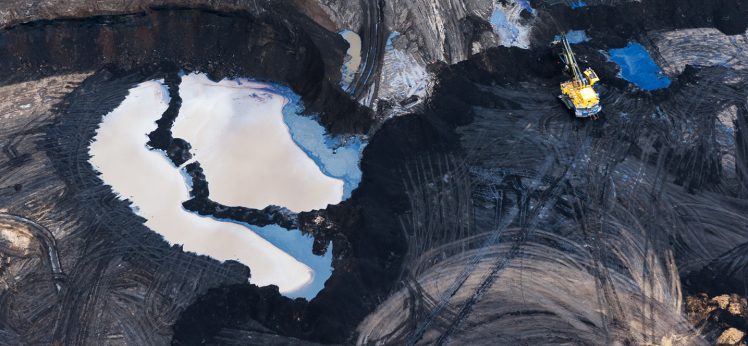
Bailout for people and communities, not oil and gas industry
by Angela Carter | March 26, 2020
Canada is in an economic tailspin due to the COVID-19 pandemic, echoing the worst months of the Great Depression. Yet while millions of Canadians need support to pay for basic necessities, a powerful group of oil company CEOs and lobbyists has insisted on a multi-billion dollar handout from the federal government, to be released any …
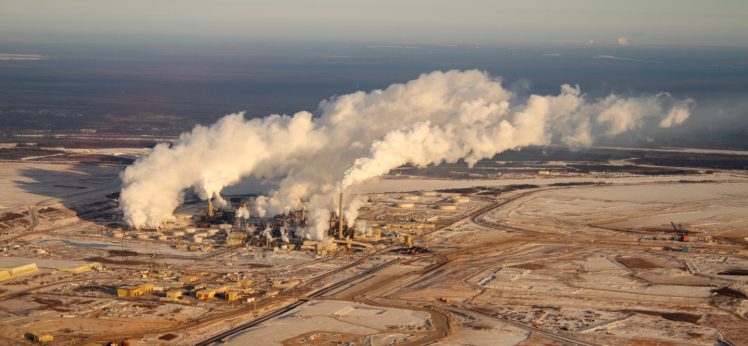
Governments should support oil sands workers, not companies
by Ian Hussey | March 24, 2020
About two weeks ago, my new Corporate Mapping Project report on the future of Alberta’s oil sands industry was published. The report analyzes how the oil sands industry, in the early years of the mature phase of its business life cycle, is producing more bitumen with less capital and fewer jobs. The figure below, produced by earth …
Oil sands spending and productivity figures indicate majority of lost jobs not likely to return – new report
by Corporate Mapping Project | March 10, 2020
As debate continues to rage over pipelines for Alberta’s oil, a new Corporate Mapping Project report analyzes how the oil sands industry, in the early years of the mature phase of its business lifecycle, is producing more bitumen with less capital and fewer jobs. “Since the 2014 oil price crash, advancements in extractive technologies and …
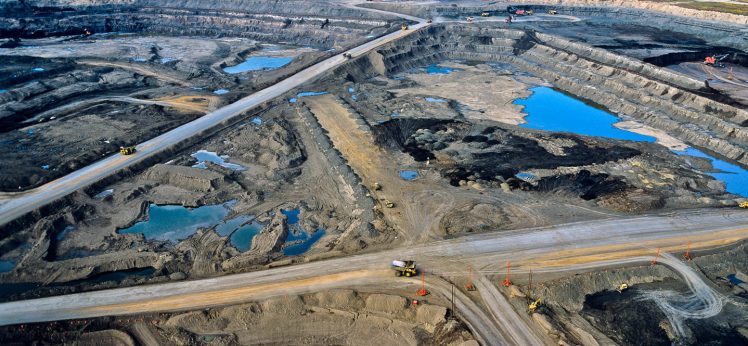
The Future of Alberta’s Oil Sands Industry: More production, less capital, fewer jobs
by Ian Hussey | March 10, 2020
As debate continues to rage over pipelines for Alberta’s oil, this report analyzes how the oil sands industry, in the early years of the mature phase of its business lifecycle, is producing more bitumen with less capital and fewer jobs. “Since the 2014 oil price crash, advancements in extractive technologies and modular facility design have …
by Corporate Mapping Project | March 5, 2020
Regime of Obstruction is a conference for researchers, activists and community leaders that looks at fossil fuel power and how we can challenge it. Hosted by the Corporate Mapping Project. Please join us at the University of Victoria, May 21 -23, 2020. Thursday, May 21: 7:30pm – 9:00pm Friday, May 22: 9:15am – 8:00pm Saturday, …
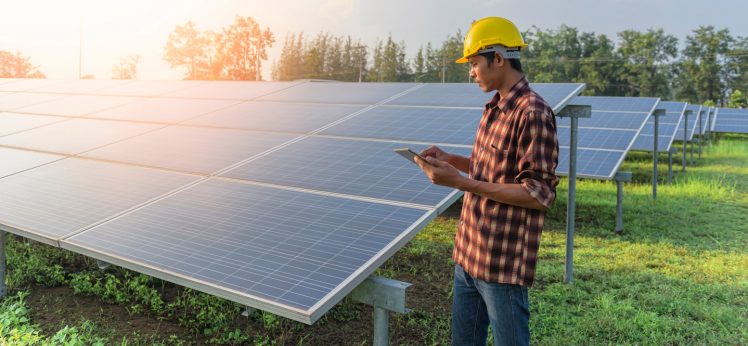
Managed wind-down of BC’s fossil fuel industries: a just transition to a green economy
by Marc Lee and Seth Klein | March 4, 2020
Imagine it’s 2025 and because of the escalating climate crisis, governments in Asia have declared ambitious new climate action plans and an aggressive transition off natural gas. BC’s fossil fuel exports would soon dry up, workers would be laid off and local communities would lose public- and private-sector jobs. This type of scenario needs to …

Winding Down BC’s Fossil Fuel Industries: Planning for climate justice in a zero-carbon economy
by Marc Lee and Seth Klein | March 4, 2020
For British Columbia to meet its emissions targets and not perpetuate the climate crisis, it must phase out its fossil fuel industries by mid-century. This means strategically and thoughtfully planning for the coming energy transition, including full decarbonization of the economy by 2050 and a fair transition for workers and resource-dependent communities. The report outlines …
Managed wind-down of BC’s fossil fuel industries good for climate, jobs and communities, new report
by Corporate Mapping Project | March 4, 2020
VANCOUVER — If BC is to meet its emissions targets and not perpetuate the climate crisis, it must phase out its fossil fuel industries by mid-century, says a report released today by the Canadian Centre for Policy Alternatives. Winding Down BC’s Fossil Fuel Industries: Planning for Climate Justice in a Zero-Carbon Economy, by Marc Lee …








